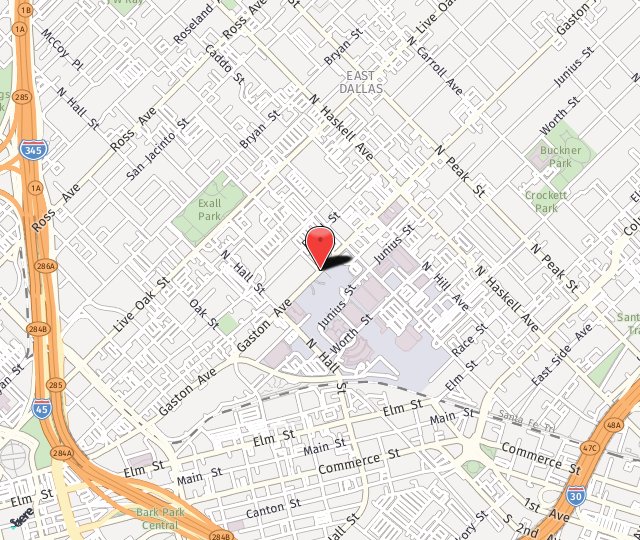A cardiac pacemaker is a device that is implanted under the skin to help control an individual's heart beat. This device is often used in people who have an arrhythmia, or abnormal heart beat, or in people whose heart beats too fast or too slow. A cardiac pacemaker sends signals to the heart that help it to beat at the correct and healthy pace. A cardiac pacemaker helps to track the heartbeat and maintain an adequate heart beat frequency to allow oxygen and nutrients to flow through the body.
Candidates For A Pacemaker
The heart pumps blood through the body in a continuous cycle through a steady heartbeat. The heart rate is controlled by signals sent from the body's natural pacemaker, called the sinoatrial (SA) node. These signals change as the body goes from rest to physical activity or an excited state. When the heart does not beat properly, it can reduce the amount of blood and oxygen that is pumped through the body, and to the brain and other organs, resulting in symptoms that may include lightheadedness, fatigue, fainting, and shortness of breath.
An implanted electronic cardiac pacemaker mimics the action of the natural pacemaker within the body. A cardiac pacemaker is a small, battery-operated device that is implanted under the skin, below the left collarbone, to help maintain a regular heartbeat. The pacemaker sends electronic signals to the heart to help it pump properly when needed. Types of cardiac pacemakers include:
- Single-chamber pacemakers
- Dual-chamber pacemakers
- Biventricular pacemakers
The Pacemaker Implantation Procedure
A cardiac pacemaker is surgically implanted by a doctor. The pacemaker usually has two parts: the pulse generator and the leads. The pulse generator contains the battery and the information to control the heartbeat, and the leads are the wires that connect the heart to the generator and transfer the electrical messages to the heart.
Complications Of Pacemaker Implantation
Although rare, complications of a cardiac pacemaker implant may include infection, bleeding or puncture of the heart or lung.
A cardiac pacemaker is an effective device for controlling and regulating heart rate. A pacemaker battery lasts an average of 7 to 10 years and should be checked regularly and replaced by a doctor when necessary.

